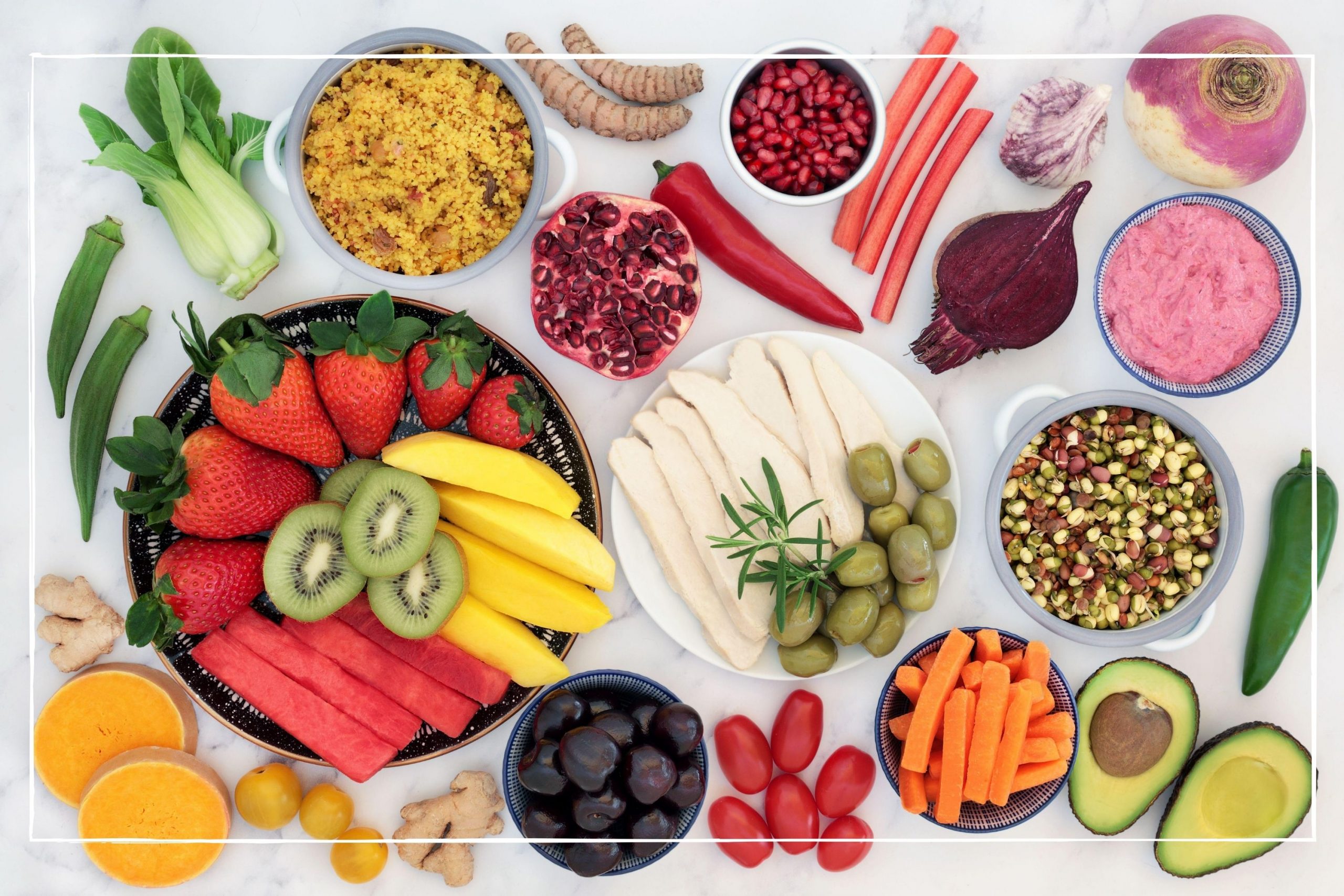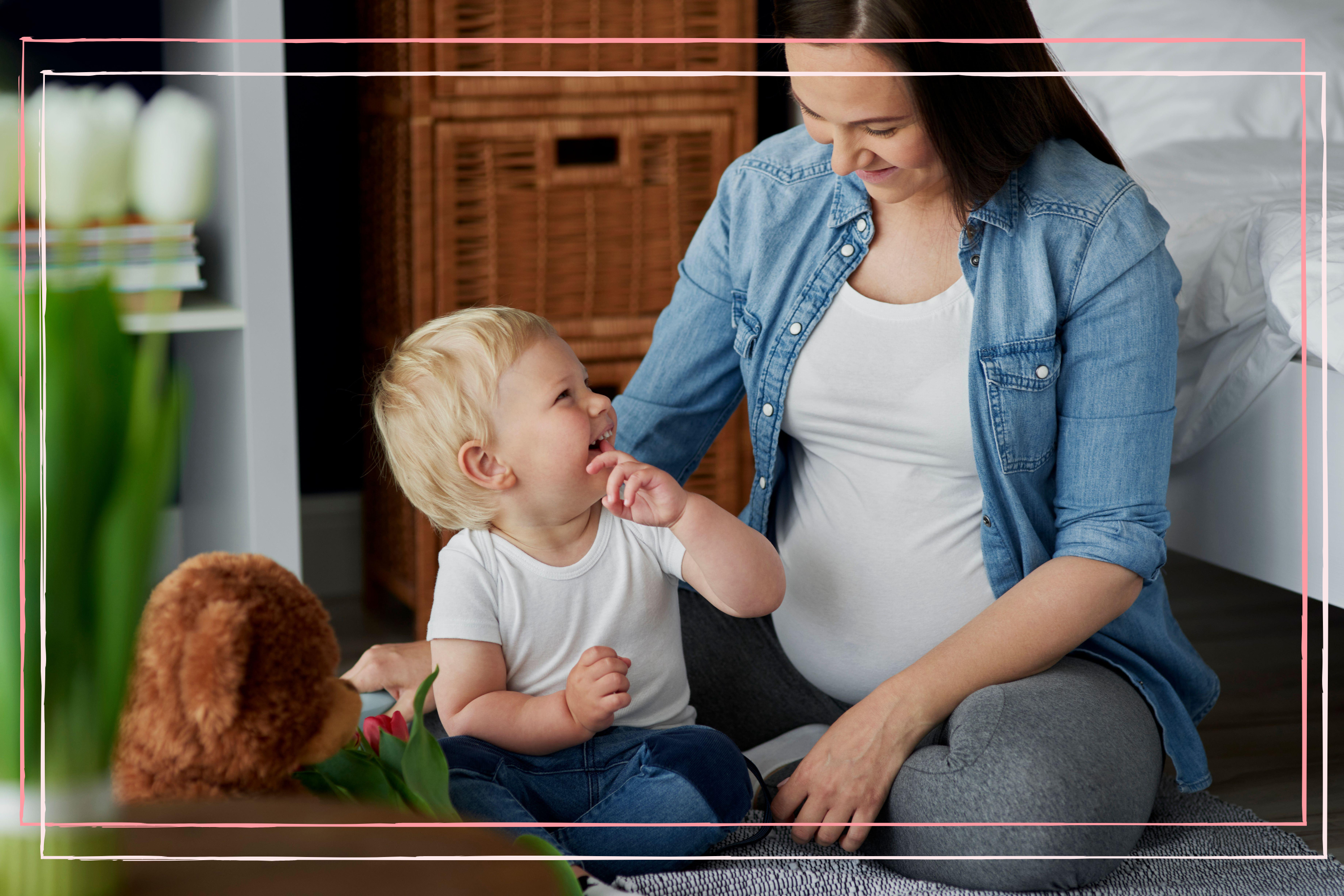Wellbeing
Living well and feeling good. We’re here with expert advice to improve your physical and mental health - from pregnancy to postpartum, as well as self-care tips for mums. Plus, expert overviews of common childhood conditions.
Explore Wellbeing
Latest
-

Low sodium diet: the benefits of reducing salt and what foods to eat
By Emily-Ann Elliott Published
-

Foods high in iron: How much iron is there in these common foods?
Getting enough iron in foods is crucial, but how do you figure out how much is on your plate?
By Jessica Dady Published
-

How to improve gut health: 7 tips from the experts
Our experts reveal how to improve gut health – from eating fermented foods to reducing your alcohol intake
By Rose Goodman Published
-

We had babies in our 40s - 5 mums share their experiences
Their inspirational accounts reflect how no one path is the same when it comes to motherhood at this age…
By Lauren Clark Published
-

10 personality traits found in people who lack self-confidence (and #3 is so challenging)
It's easier said than done to be confident, but it's important to push ourselves when we recognise the signs of low-confidence
By Charlie Elizabeth Culverhouse Last updated
-

How does ageing accelerate in your 40s? 12 things medical experts want you to know
New research has identified 44 years old as a turning point - from skin to metabolism, here’s what women should know…
By Lauren Clark Published
-

How we coped when menopause and puberty clashed in the family - mums share their stories
By Kat Storr Published
-

How is pregnancy different in your 40s? 6 things experts want you to know
What it is really like to carry a baby later in this decade, from pregnancy monitoring to post-birth recovery time…
By Lauren Clark Published
-

How does pregnancy affect your teeth and oral health? 11 things dentists want you to know
Pregnancy can have a knock-on effect on dental health, making it a particularly important time to look after your teeth
By Lauren Clark Published
